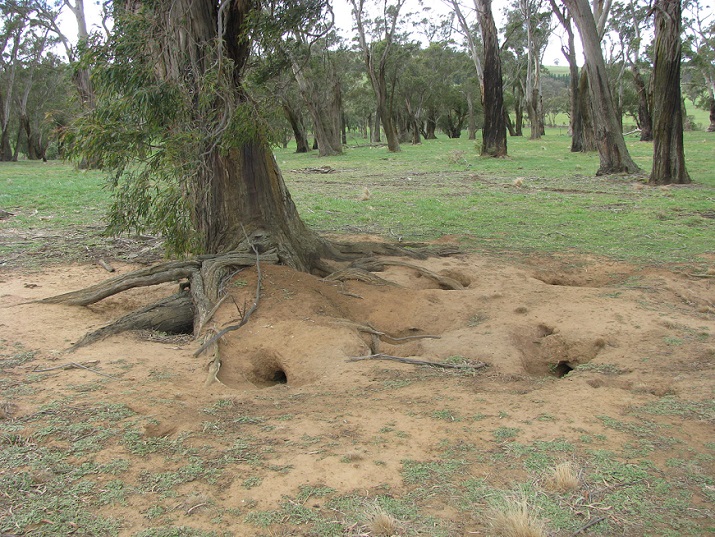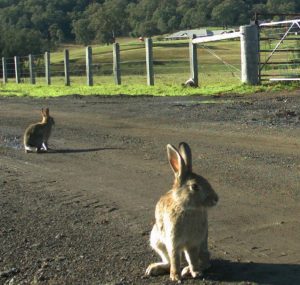Greater Sydney Local Land Services will roll out a feral rabbit reduction program throughout Macarthur from February 21.
The virus will be released in the Lakesland, Bargo, Wedderburn and Campbelltown areas.
Originally scheduled for release last October, the program was postponed due to ongoing wet conditions and the high number of young rabbits in the area.
Greater Sydney biosecurity team leader Lee Parker said the new date ensured the program would have maximum impact in reducing rabbit numbers.
“This program involves the release of the Rabbit Haemorrhagic Disease Virus, commonly known as RHDV1-K5, this virus doesn’t spread as quickly in wet weather and baby rabbits are immune which is why the decision was made to hold off,” he said.

“As always, we urge owners of pet rabbits to vaccinate their animals as soon as possible to ensure they are not impacted by the virus. The virus is spread mainly by contact between rabbits or via insects such as mosquitos and flies. RHDV only affects rabbits and if pets are vaccinated they become immune.”
Mr Parker said the release was the third of its kind following the initial national program roll out in March 2017 which led to a 42 per cent reduction in feral rabbit numbers across NSW.
“This program is designed to complement ongoing control efforts on private and public land,” he said. “We encourage landholders experiencing issues with feral rabbits to continue working with us to roll out coordinated control campaigns in partnership with their neighbours wherever possible,” he said.

Feral rabbits are a declared pest in NSW due to the significant amount of agricultural and environmental damage they cause.
They are believed to have contributed to the decline or extinction of a number of NSW native species including the greater bilby and the yellow footed rock-wallaby and their overgrazing is estimated to cost Australian agriculture more than $200 million every year.
For further information contact Greater Sydney Local Land Services on 4724 2100 or visit their website.

OK, rabbits are a problem, but this way of dealing with them seems to me like a very cruel and slow death for them. Surely there is a more humane way of dealing with the high number of rabbits?